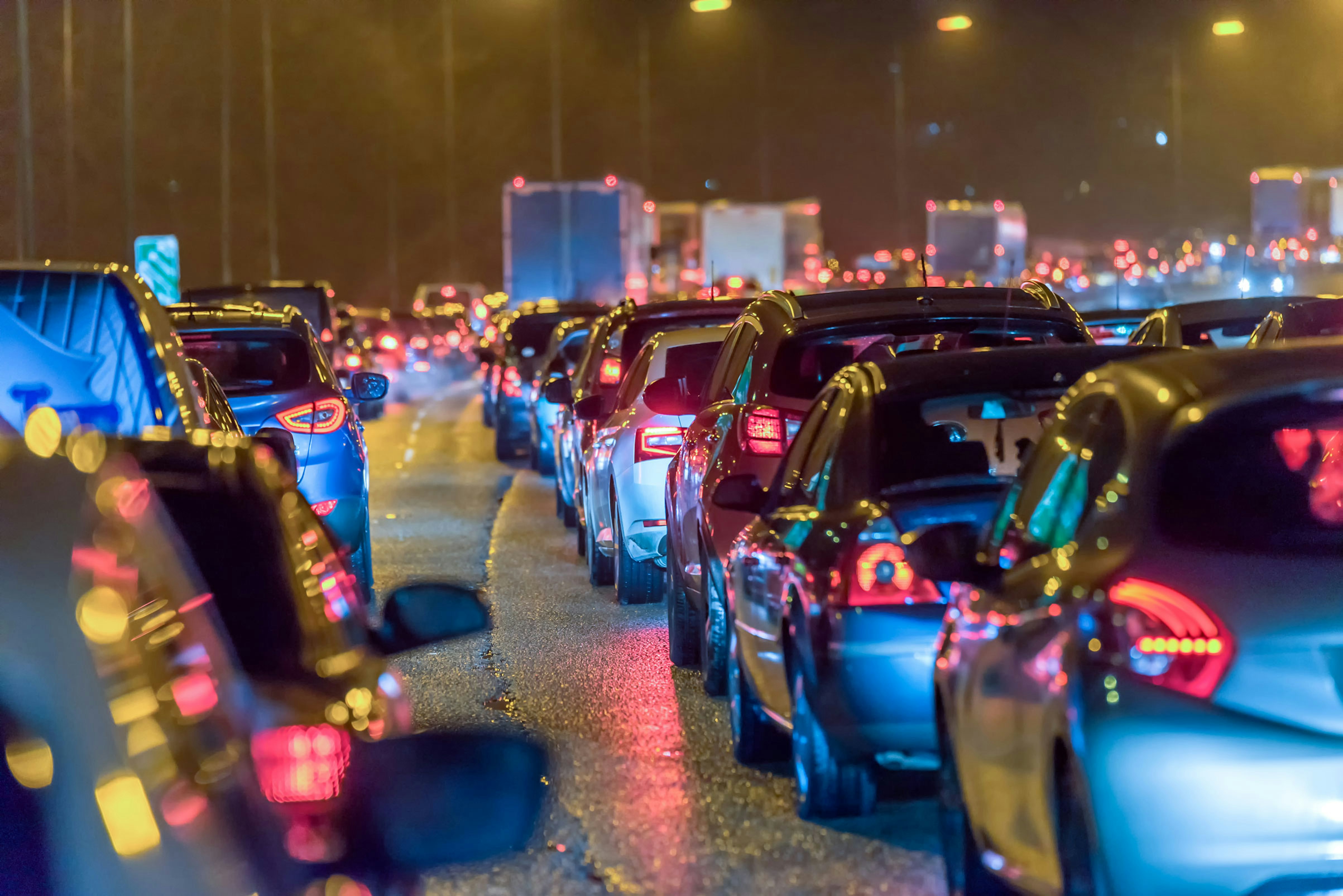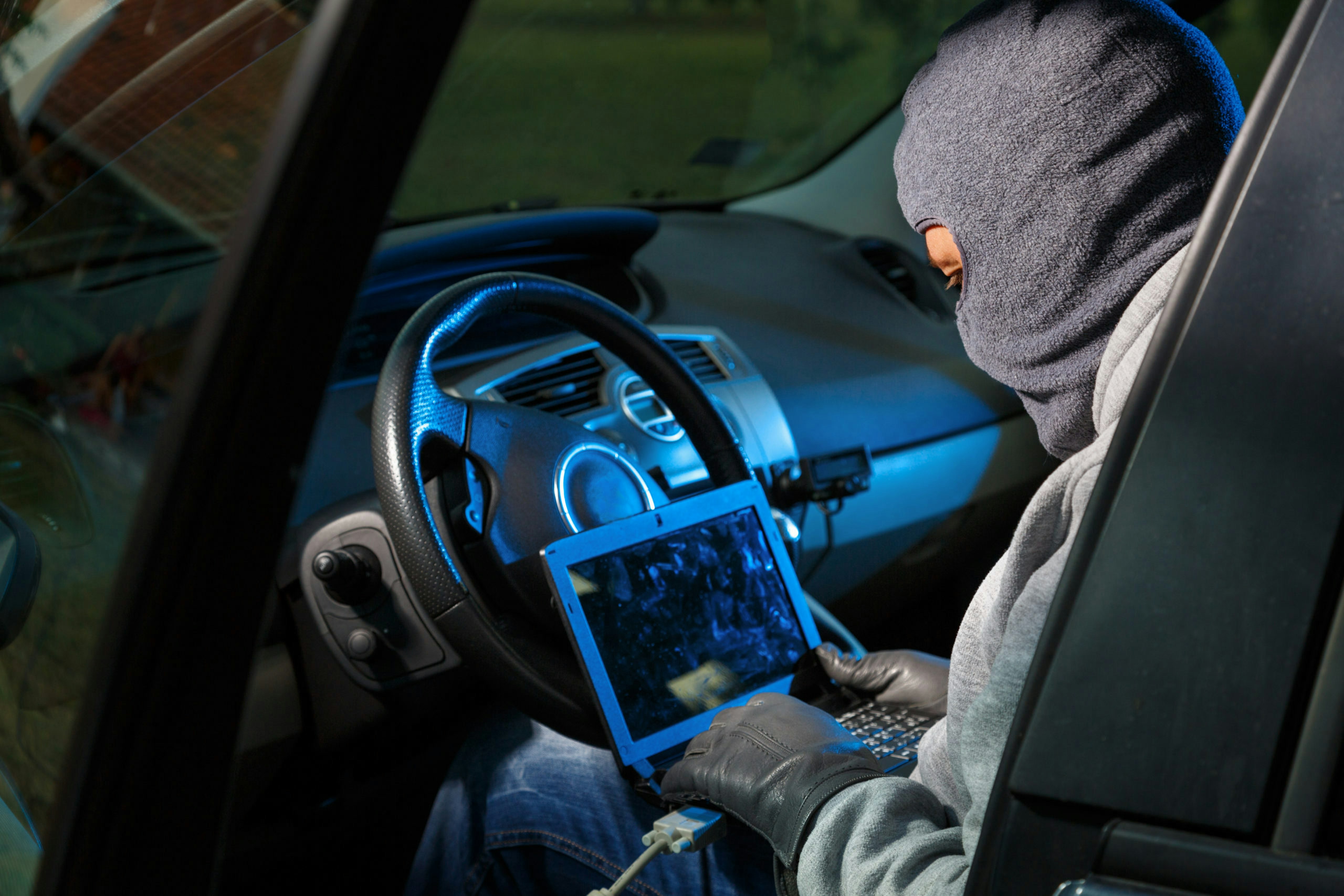Driverless cars: who is liable?
By Alan Boswell Group

Driverless cars have moved from the realm of science fiction to reality. Working prototypes exist, and major car manufacturers hope to have such vehicles on the UK's roads within 5-10 years. In fact, the technology exists for driverless cars to be up and running today, but the main hurdles to be overcome are legal ones. Perhaps most importantly, several insurance issues still need to be resolved.
Growing autonomy
The transition towards driverless cars is already beginning, with many current vehicles including an increasing number of autonomous features. These are generally having a hugely beneficial effect on road safety. For instance, autonomous emergency braking (AEB), which automatically applies the brakes if the driver fails to, has been proven to lower the rate of low-speed collisions that result in personal injury claims by around 20%.Motor vehicles will also be included in the much-heralded 'Internet of Things' revolution, becoming connected to traffic lights, parking meters, bridges and other vehicles, and able to communicate and respond autonomously to their signals.
Human error
All of this is very exciting and as 90% of traffic accidents are believed to be caused by human error it's to be hoped that fully autonomous vehicles will result in a major drop in accident rates. Nevertheless, we will never be able to stop road accidents altogether and driverless cars do still have safety issues of their own. This raises the question of who is responsible for a motor accident involving one or more driverless cars.
Manufacturer liability
If the accident is due to system error and the human 'driver' in the car is unable to correct it, then it could follow that the vehicle manufacturer is liable. In October last year, Volvo said that it would accept full liability for any accidents involving its driverless cars. However, the manufacturer of the specific component, software or technology in the car that went wrong could also be held responsible. In addition, of course, the 'driver' would not automatically be exempted, especially if it could be proved that he or she had misused the technology.
In the UK, automatically holding the manufacturer liable would dramatically change the way insurance claims are decided. Normally it all depends on the individual circumstances of the accident in question, but these could be considered irrelevant if liability automatically falls to the manufacturer. More likely a compromise solution will be reached. Rest assured, Alan Boswell Group will be watching developments in this area very closely indeed.
Need help with your insurance?
Whether you need a quote, have a general enquiry, or want to talk it through over the phone, we're here to help.
Make an enquiry – general and locations
Related guides and insights

Car insurance add-ons and extras explained
Car insurance extras provide additional insurance for events or incidents not covered by your standard policy. We explore some of the most popular car insurance add-ons so that you can choose what’s right for you.

Why have car insurance costs gone up?
Recently, motorists have seen a noticeable increase in their car insurance premiums, with price rises of over 50% in the last year, leaving the average premium at almost £1,000, according to Confused.com. In this article, we look at the key reasons behind accelerating car insurance premiums.

Keyless car theft | What do you need to know?
What is keyless car theft, and why is it on the rise? Read our guide to protect your vehicle.

Motor insurance fraud
With motor insurance costing an estimated £3m in 2015, we take a look at the consequences for individual drivers and how it affects the cost of insurance.
